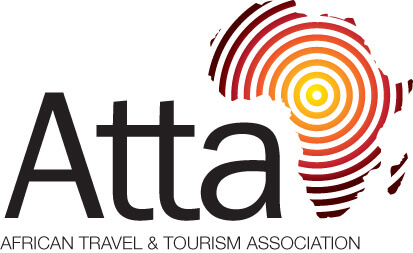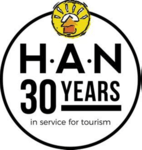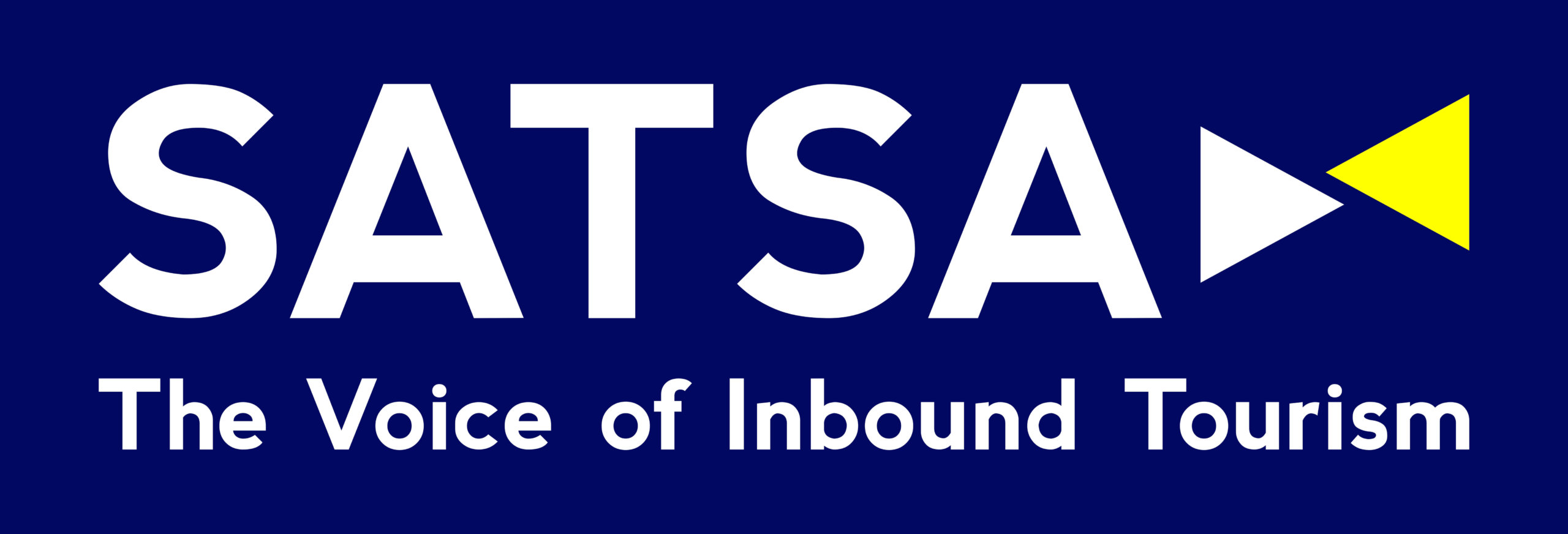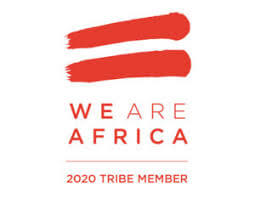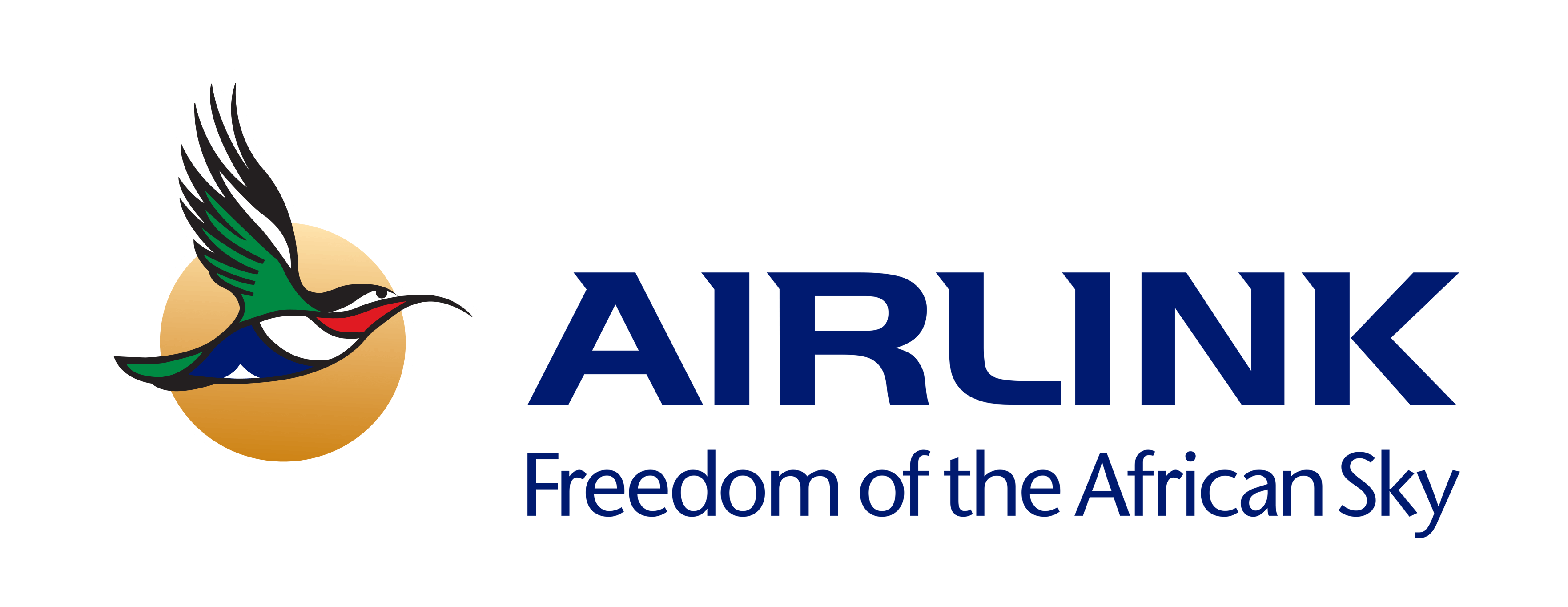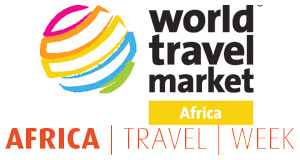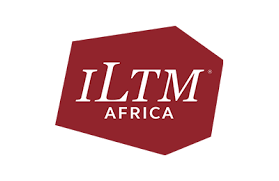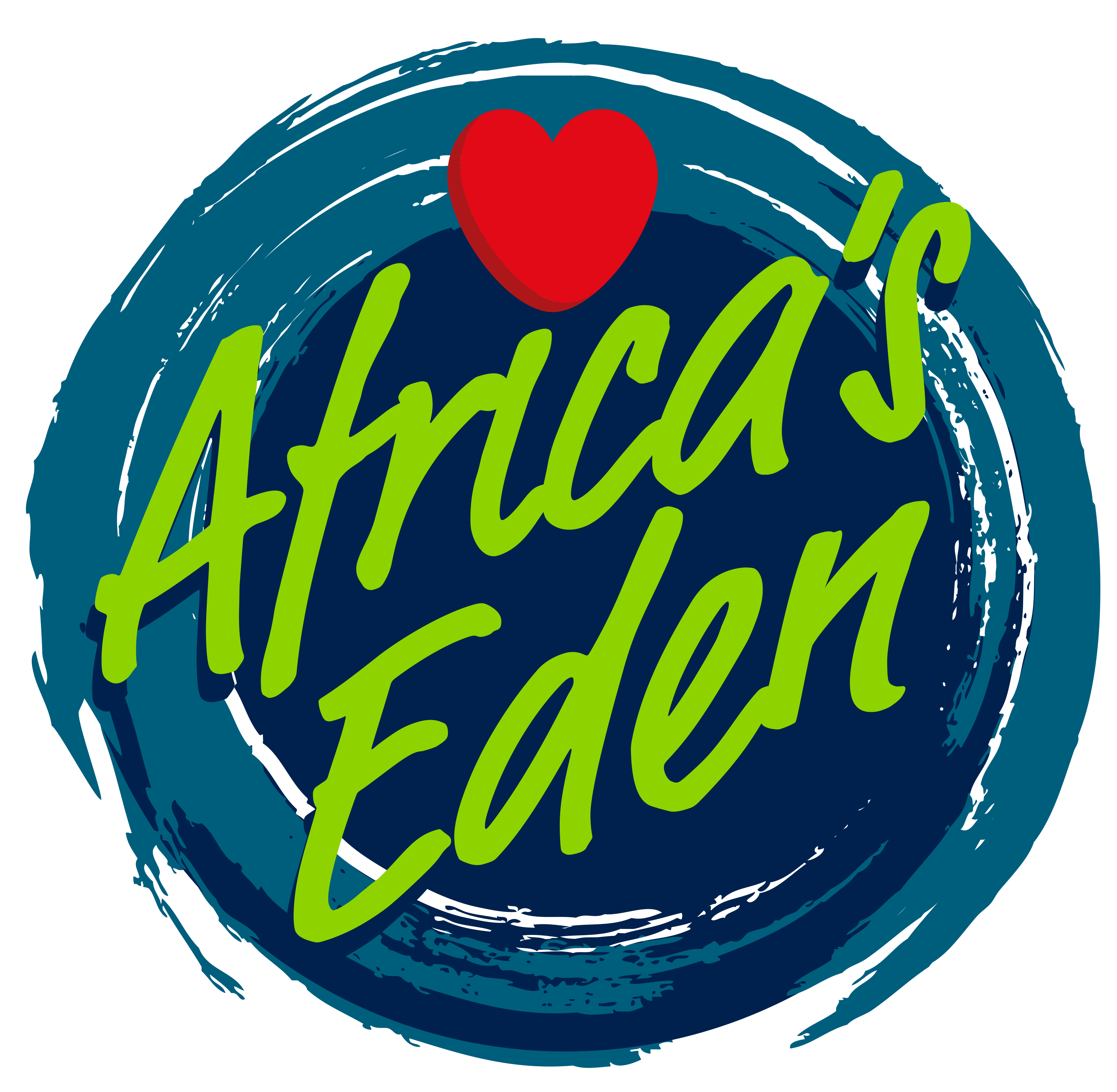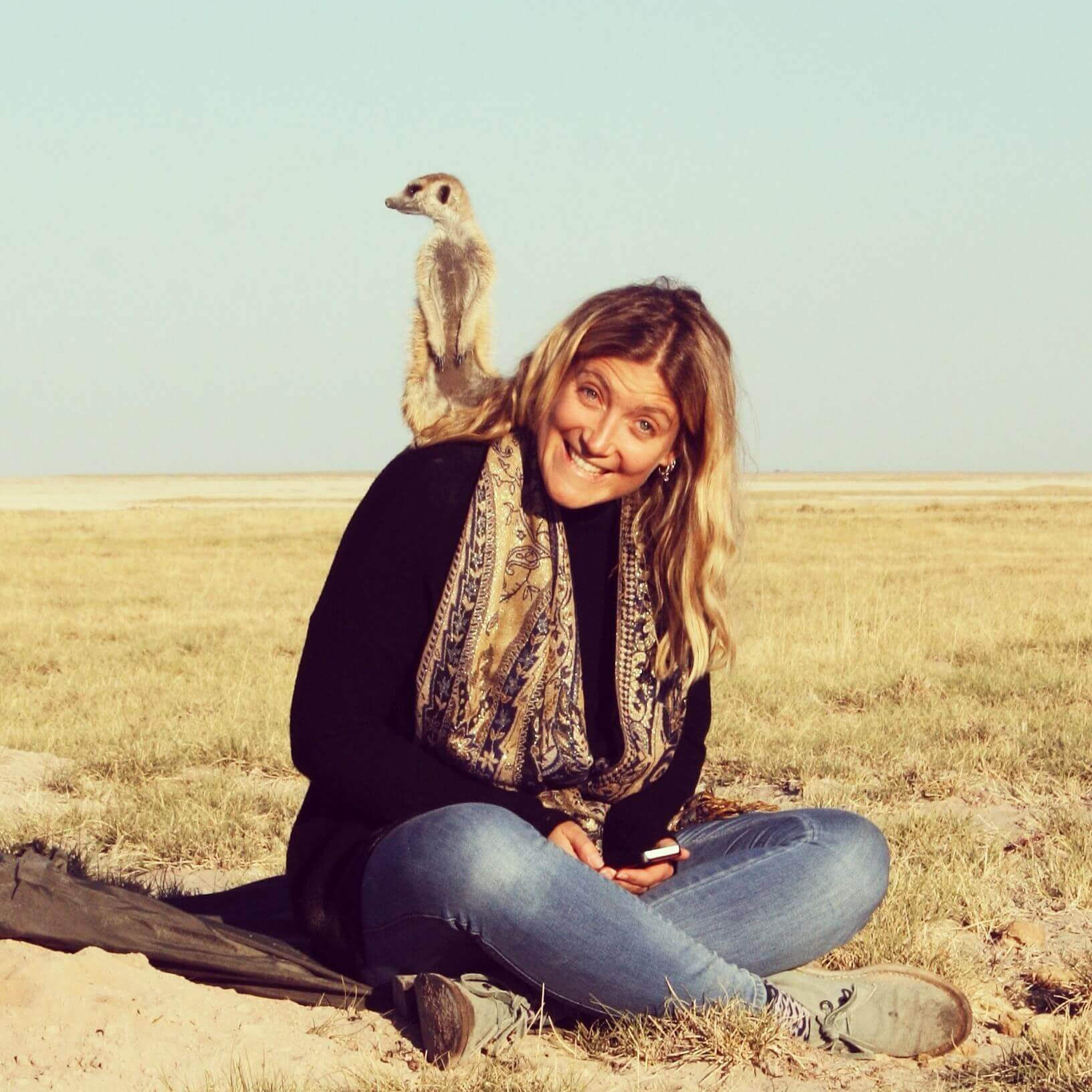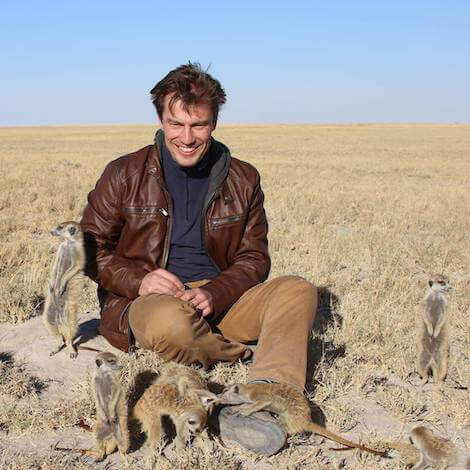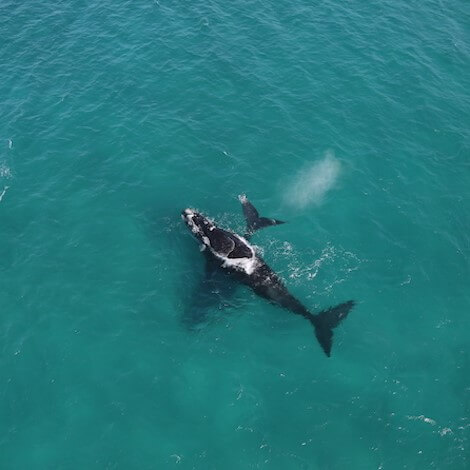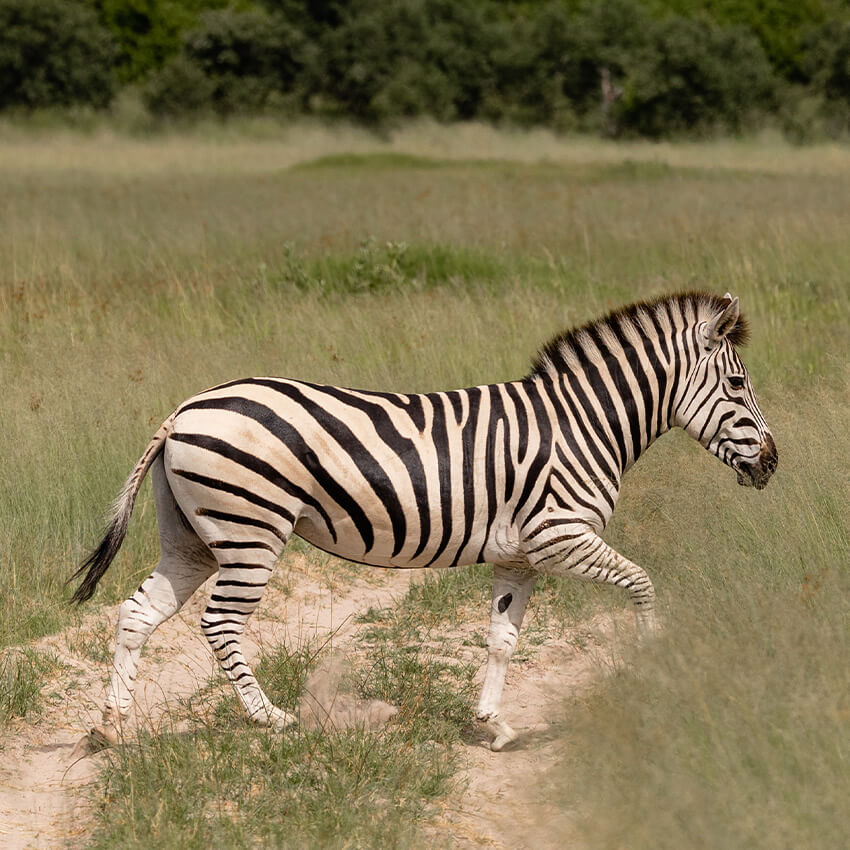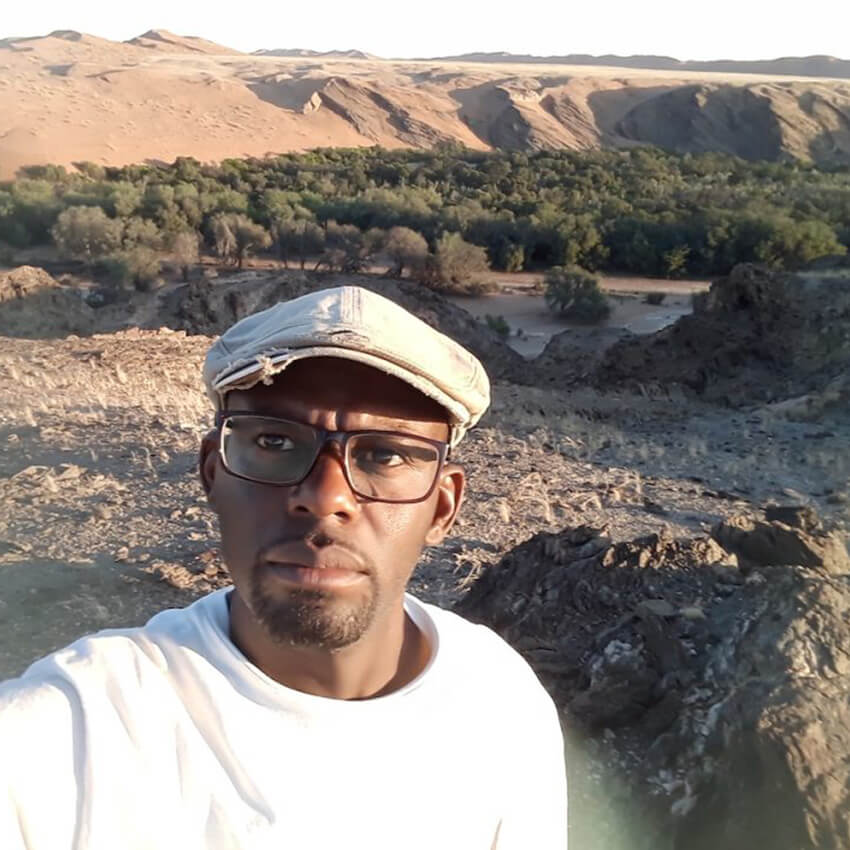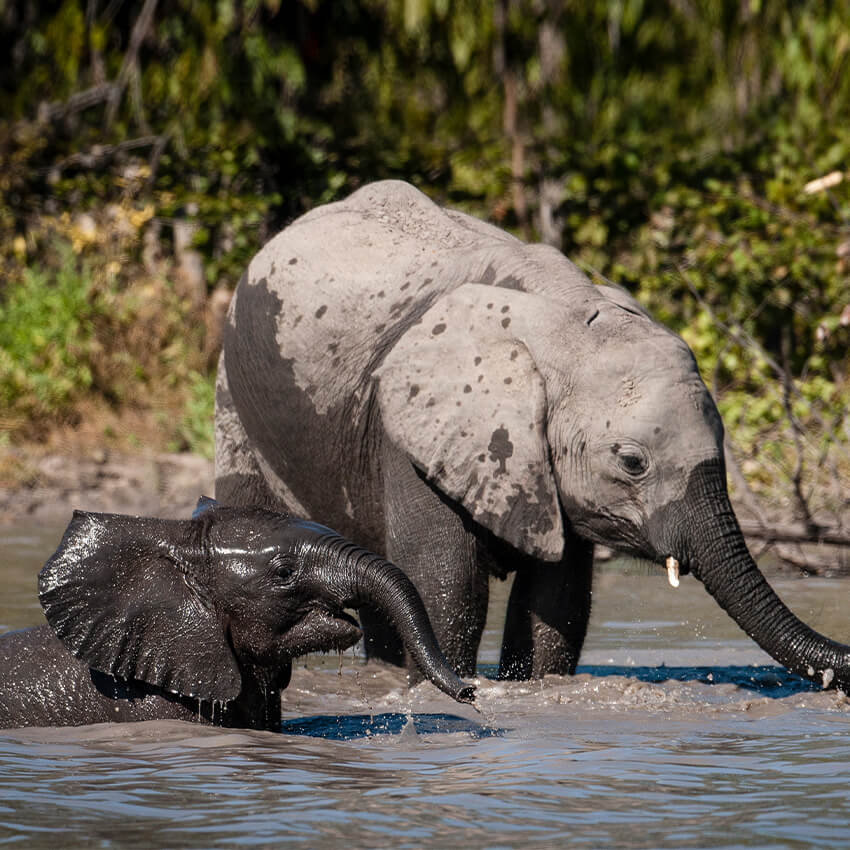Active
Popular
Meet Our Characters: Greg Hartman
 Pru Allison
Pru Allison
 February 19, 2018
February 19, 2018
We had a few burning questions to ask Uncharted Africa guide and wildlife photographer extraordinaire about living and working in the Makgadikgadi, and capturing its essence through his lens. We threw in a few questions sent for Greg through social media too…
Where are you originally from?
Zimbabwe
What made you decide to become a guide?
I was fortunate to grow up on a farm in a remote part of Zimbabwe. An upbringing that revolved around being outside and experiencing the natural world around us sparked a passion for all things wild. My father was a Canoe Safari guide on the Zambezi river in the early 80s and his stories as well of those of his colleagues like Garth Thompson propelled my childhood fantasy of becoming a Guide. As an adult, my goal is to contribute as much as possible to conserving Africa’s wilderness and the creatures that we are so privileged to share this continent with. Guiding naturally acts as an avenue through which I can realize that goal. Sharing Africa with outsiders helps me be a part of ecotourism which as an industry may well be the only hope for the continent’s wildlife.
What training did you do?
I think my training began while studying towards an Honours Degree in African Vertebrate Biodiversity. Although a tertiary education is not by any means a must to become a guide I found it very useful in what I do now. I also did formal guide training courses in South Africa and Botswana to attain licenses to guide. The Guide training courses run every year by Uncharted Africa have proved to be the most rewarding training I have done to date. Learning to guide from Senior guides such as Ralph, Chabba, and Super is a little like learning to play tennis with Roger, Rafa and Novac as coaches… imagine.
What makes the Makgadikgadi a great area to guide in?
Explaining just how extraordinary this area is maybe impossible in words. Let me just say its EPIC!! Sharing a place like Jack’s Camp and surrounds with guests is a true privilege. The raw beauty of the area is something that caught my eye when I first arrived and still today I am totally in awe of the scenes and scenery. The unpredictable ever-changing nature of the Makgadkgadi is a great thrill as a guide. Still after three years, I am seeing new things day in day out. It makes this area so exciting to guide in. Our Safaris here are also not your average Safaris! A holistic experience where wildlife, culture, history, geology, archaeology, ecology and human history all blend into something that can be life-changing. Where else can you spend hours following a family of Meerkats (one of the most socially complex mammals) as they go about their business or walk through the bush with some of the most extraordinary people on the planet, the Ju/wasi bushman. I can’t get enough of it. The guiding philosophy imparted by Ralph and shared by our team is inspiring to be a part of.
What’s your favourite of the photos you’ve taken of the area and its wildlife during your time there?
Ooooh shucks, this is a hard one to choose. I have so many that come to mind. However, if I had to pick a photo I managed to snap of a mother Brown Hyena and her cub looking away from me into an approaching storm has to rank up there in my favourites. I just love how it captures a rare Kalahari creature in this breathtaking wilderness.
What skills and qualities are needed in a guide? (Asked by Gofenyaone Lekoba and Nnana Tshuks)
I think a guide first and foremost needs to have a genuine passion and love for both people and nature. Guiding is even more about people than wildlife so people skills are vital. A guide’s attitude towards others and life, in general, is super important. Being warm, positive, energetic, enthusiastic, humble, honest, interested, respectful and patient is important. Genuine interest, appreciation, and understanding of all things wild with equal attention paid to the two-legged variety is vital. As well as being a naturalist and a people person, a guide needs good communication skills (In English), good manners and etiquette, show great levels of responsibility and be prepared to go the extra mile.
Do you have any special tricks to help you interpret the natural world for guests? (Asked by Thato Kebopetswe)
I don’t know if I could say any of my tricks are special or even tricks at all. Experience has shown me that a constant state of awareness is very important. Keeping one’s mind sharp and perceptive to what’s going on around you and in the vehicle is crucial. When it comes to interpreting the natural world for guests I find it very useful to ask myself why things are the way they are and why are we seeing what we are seeing. This helps me find a way of interpreting what’s around us and sharing that interpretation with guests. I also like to take things slow and really study what’s around us as we drive… there is always so much more than first meets the eye.
What tool do you most depend on when you’re guiding? (Asked by Sherri Westlake)
Definitely my Binoculars.
Why do hyenas have cubs and not pups? (Asked by Corrie Oppermann)
From my understanding Hyena ancestry is very interesting and surprising. If we go back along the evolutionary history of the family Hyaenadae we find that they are more closely allied to cats (Felidae) than dogs (Canidae). The common ancestor to cats and dogs existed before the common ancestor between cats and hyenas thus hyenas are more cat than dog. The Hyaenidae family is relatively young and we believe their direct ancestors were civets.
Thus considering Hyenas are more cat than dog we would refer to their young as cubs as apposed to pups.
Special Offers
Our special offers are designed to help you experience everything southern Africa has to offer whilst also saving some all-important pennies. Whether you’re about to embark on a once-in-a-lifetime solo trip, or are celebrating a special occasion, have a peek at our offers and see what could be in store for you.
